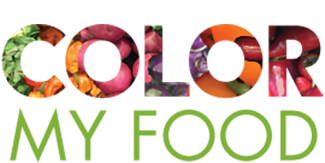The flavors and textures in this recipe are visually and tastefully delightful.
Serve with a salad of immune boosting seeds/nuts, a chopped green onion or two and greens (spinach, romaine or arugula) tossed with a lime or apple cider vinaigrette and dinner is ready.
“Fish is high in important vitamins such as B1 (thiamine), B2 (niacin) and D as well as omega 3 fatty acids. Salmon is a good source of omega-3 fatty acids.
It is believed that omega 3 fatty acids reduce the risk of developing cardiovascular disease by increasing the levels of “good” cholesterol and lowering the levels of “bad cholesterol in the body. They’ve been found to prevent blood clots and there is evidence that omega 3 fatty acids help relieve symptoms of arthritis.”
Nutrition for Life, Lisa Hark PhD and Darwin Deen, MD.
Sadly, increasingly there are health dilemmas associated with eating fish, in particular farmed fish.
“Farmed fish are fed fish meal and fish oils because they need proteins and fats to help them grow (wild salmon get the nutrients they need by eating other fish which are small and relatively low in chemical contaminants); but these feeds contain higher concentrations of pollutants called PCBs (polychlorinated biphenyls)…Farmed fish have twice the fat and more than twice the saturated fat of their wild counterparts – increasing the levels of PBCs… Their omega-3 content depends entirely on what they are fed and this varies by species and farm. “
To learn more about PBCs “which are a “probable carcinogen visit
http://www.clearwater.org/news/pcbhealth.html
I believe it is important to be a conscious consumer and in regards to fish, choose to know where the fish comes from, whether is it is farmed or wild., not just for our health but also for that of the fish and the planet. We can make a difference by relying on a fish advisory card (link to http://www.seafoodwatch.org/consumers/seafood-and-your-health) and voting with our forks to only buy fish that is sustainable and healthy.
